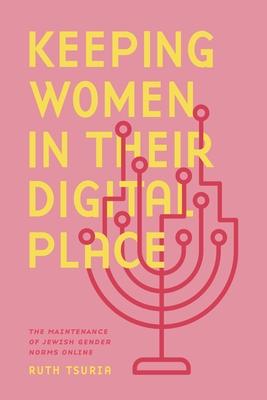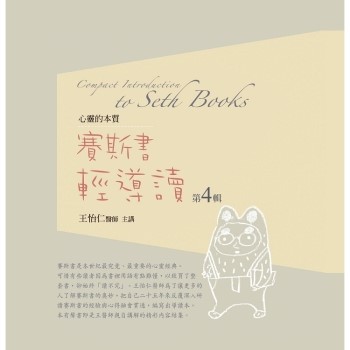Since its inception, the internet has been theorized as a democratic force, a public sphere in which hierarchies are flattened. But the internet is not a neutral tool; it has the power to amplify and mirror certain opinions and, as a result, can concretize social norms. So what happens when matters of religious practice and gender identity collide in these--often unregulated--online spaces?
In Keeping Women in Their Digital Place, Ruth Tsuria explores how Orthodox Jewish communities in the United States and Israel have used "digital enclaves"--online safe havens created specifically for their denominations--to renegotiate traditional values in the face of taboo discourse encountered online. Combining a personal narrative with years of qualitative analysis, Tsuria examines how discussions in blogs and forums and on social media navigate issues of modesty, dating, marriage, intimacy, motherhood, and feminism. Unpacking the complexity of religious uses of the internet, Tsuria shows how the participatory qualities of digital spaces have been used both to challenge accepted norms and--more pervasively--to reinforce traditional and even extreme attitudes toward gender and sexuality.
Original and engaging, this book will appeal to media, feminist, and religious studies scholars and students, particularly those interested in religion in the digital age and Orthodox Jewish communities.












